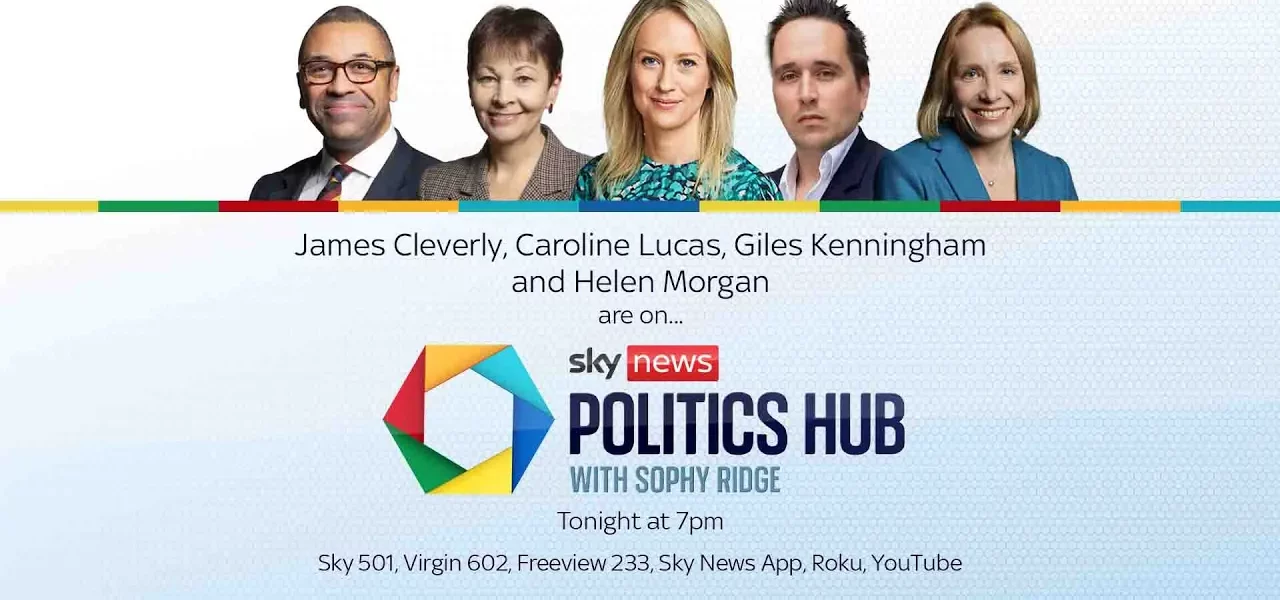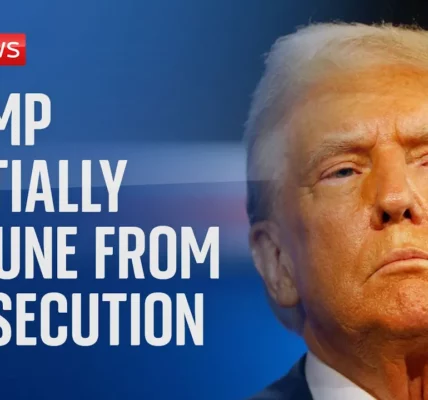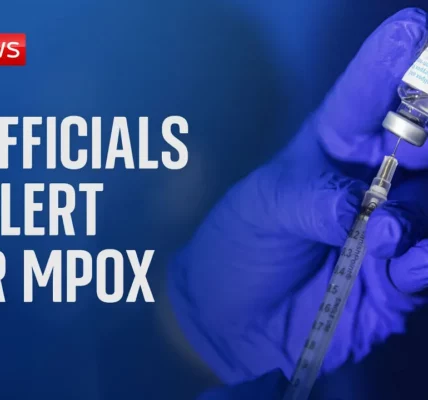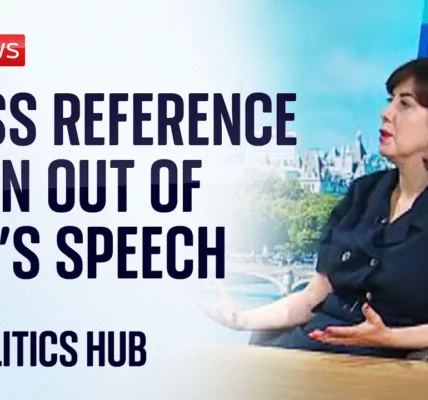A 9.4 Billion Pound Plan to Save the NHS and Bring Carers Out of the Shadows

As the UK enters a critical election period, the Liberal Democrats have unveiled a comprehensive manifesto aimed at addressing key issues such as healthcare, social care, and economic challenges. This article delves deep into the manifesto’s contents, exploring its promises and implications for voters.
Introduction
The Liberal Democrats have launched their manifesto at a pivotal moment in British politics. With a promise to allocate £9.4 billion towards enhancing the National Health Service (NHS) and improving care for the elderly and vulnerable, party leader Ed Davey is urging voters to consider the long-term implications of their choices in the upcoming election. This manifesto, set against a backdrop of political uncertainty and economic challenges, aims to provide a clear vision for the future of public services in the UK.
Key Points of the Liberal Democrat Manifesto
Investment in Health and Social Care
One of the cornerstone commitments of the manifesto is the allocation of a significant portion of the new spending—around £10 billion—to health and social care. The party proposes:
- Recruitment of an additional 8,000 GPs.
- New guarantees on waiting times for dental care, cancer treatments, and GP appointments.
- A £2 per hour increase in the minimum wage for care workers, ensuring fair compensation for this essential workforce.
Welfare and Poverty Alleviation
The manifesto also addresses welfare issues, particularly child poverty. The Liberal Democrats propose a £4 billion investment aimed primarily at:
- Removing the two-child limit on benefits.
- Abolishing the benefit cap.
- Retaining the triple lock on pensions to protect the elderly.
International Affairs and Immigration Policy
On international relations, the Liberal Democrats express a desire to:
- Rejoin the EU single market.
- Recognize the state of Palestine immediately.
- Increase defense spending to 2.5% of GDP as public finances allow.
In terms of immigration, the party seeks to scrap the controversial Rwanda plan and expand the youth mobility scheme with the EU.
Environmental Commitments
Environmental issues are also a priority in the manifesto. Key proposals include:
- An emergency home energy upgrade program aimed at cutting emissions and lowering energy bills.
- A target to generate 90% of electricity from renewable sources by 2030.
- Implementation of a sewage tax on water companies to combat pollution.
Democratic Reforms
The Liberal Democrats are advocating for democratic reforms, such as:
- Extending the right to vote to 16 and 17-year-olds.
- Reforming the House of Lords, although specific details on this reform are yet to be clarified.
Funding the Manifesto: How Will It Be Paid For?
A critical aspect of any manifesto is how the proposed policies will be funded. The Liberal Democrats claim their manifesto is fully costed, with plans to:
- Reverse tax cuts for large banks.
- Increase taxes on social media companies and capital gains.
- Reform aviation taxes to raise an additional £4.4 billion.
- Implement a new levy on profits from tobacco companies.
However, questions have been raised about the feasibility of these proposals and whether they will adequately cover the extensive spending outlined in the manifesto.
Political Context and Implications
The manifesto comes at a time when the UK is grappling with high national debt and public service funding challenges. As political parties vie for power, the Liberal Democrats are positioning themselves as a serious alternative to the Conservative and Labour parties. This section explores the potential impact of their manifesto on the upcoming election:
- The Liberal Democrats aim to attract disenchanted voters from both major parties.
- They hope to capitalize on public dissatisfaction with the current government’s handling of the NHS and social care.
- Economic policies that resonate with the electorate could sway undecided voters.
Conclusion
The Liberal Democrats’ £9.4 billion manifesto represents a bold vision for the future of the NHS and social care in the UK. By focusing on key issues such as health, welfare, and environmental sustainability, the party is attempting to carve out a significant space in a crowded political landscape. As the election approaches, the real challenge will be whether the proposals outlined in the manifesto can translate into tangible support at the ballot box. Voters are encouraged to examine each party’s plans closely and consider the long-term implications of their choices.
Read more about our political analysis and election coverage.
“`




